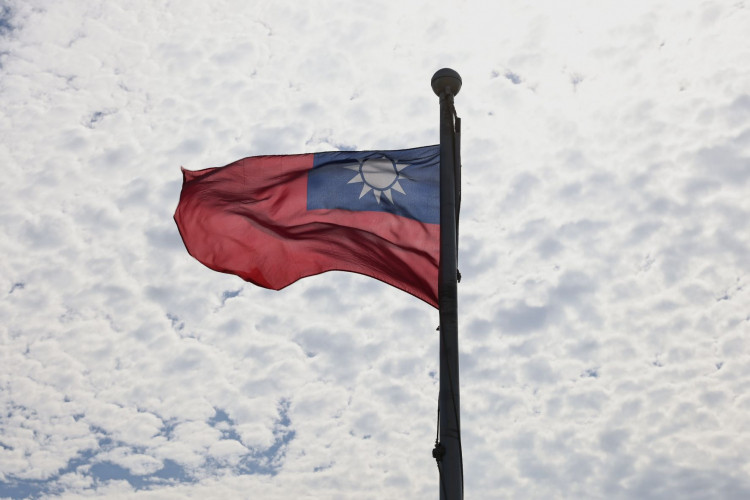Germany has sailed two warships through the Taiwan Strait for the first time in over two decades, signaling a clear stance on international navigation rights in a region fraught with tension. The frigate Baden-Württemberg and the support ship Frankfurt am Main transited the strategically sensitive waters on Friday, demonstrating Berlin's resolve to support Western allies amid escalating tensions between Taipei and Beijing.
This naval operation marks Germany's first such passage through the Taiwan Strait in more than 20 years, aligning it with countries like the United States, Australia, and Britain, which regularly conduct "freedom of navigation" operations to assert that the Taiwan Strait is international waters. China, which claims Taiwan as part of its territory, views these transits as provocations that challenge its sovereignty.
Speaking from Berlin, German Defense Minister Boris Pistorius confirmed the transit and emphasized the principle behind the operation. "International waters are international waters," Pistorius stated. "It's the shortest and, given the weather conditions, the safest route. So we are passing through." His remarks underscore Germany's commitment to upholding international maritime law, despite the potential for diplomatic friction with China.
Taiwan's Defense Ministry also confirmed the passage, noting that the German ships sailed southward through the strait without incident. The ministry reassured that the situation remained "normal," indicating that Taiwan's military closely monitored the transit.
China's response to the German passage, though expectedly critical, was relatively muted compared to its usual rhetoric against U.S. naval operations in the region. Mao Ning, a spokesperson for China's Foreign Ministry, reiterated Beijing's stance that the Taiwan issue is about China's sovereignty and territorial integrity, not freedom of navigation. "We firmly oppose provocations and endangering of China's sovereignty and security under the banner of 'freedom of navigation'," Mao told reporters in Beijing.
Germany's decision to sail through the Taiwan Strait reflects a broader shift in its approach to the Indo-Pacific region. During its last naval deployment to the area in 2021-22, Germany sought to avoid direct confrontation with China, refraining from transiting the strait and even requesting a port call in China, which Beijing denied. This time, however, Germany opted for a more assertive stance, likely in response to criticism of its previous approach.
The move is part of the European Union's broader strategy to enhance its presence in the Asia-Pacific, focusing on improving maritime security and ensuring safe passage through key sea lanes. As China becomes increasingly assertive in its maritime claims, particularly in the South China Sea and around Taiwan, the EU and its member states are stepping up efforts to maintain the international order.
The Taiwan Strait, a vital corridor through which about half of the world's container ships pass, has long been a flashpoint in U.S.-China relations. The U.S. regularly sends warships through the strait, and some of its allies, including Canada and Britain, have made occasional transits. These operations are intended to challenge China's claim that it exercises sovereignty and jurisdiction over the strait, a position not recognized by the United States, Taiwan, or many other countries.
China has not ruled out using force to bring Taiwan under its control, and its military activities around the island have increased significantly in recent years, including frequent war games and incursions into Taiwan's air defense identification zone. In response, Taiwan has bolstered its defenses, extending national military service to one year and investing in new military equipment from the United States.
The vast majority of Taiwanese support the current status of their island, which has been self-governing since it separated from mainland China amid civil war in 1949. Taiwan's government rejects China's sovereignty claims, asserting that only the island's people can decide their future.






